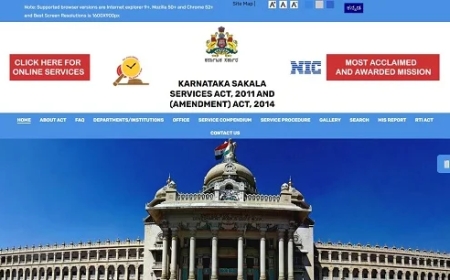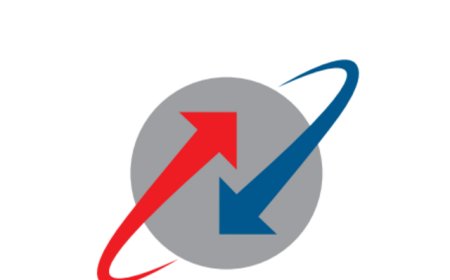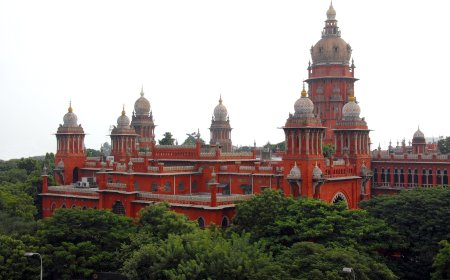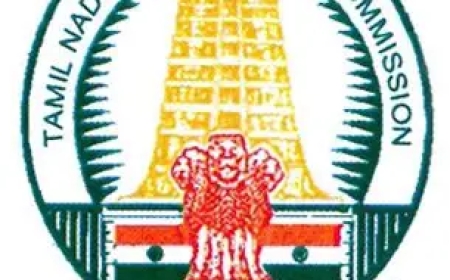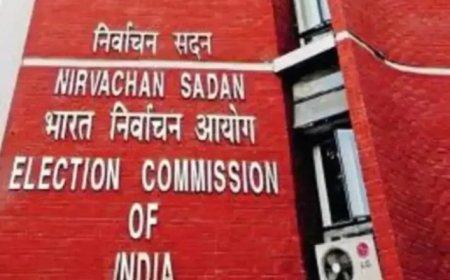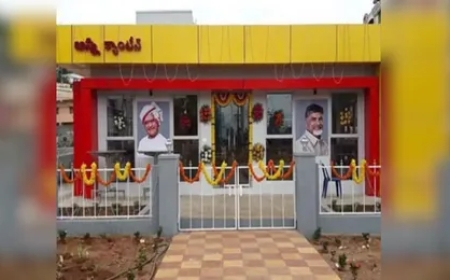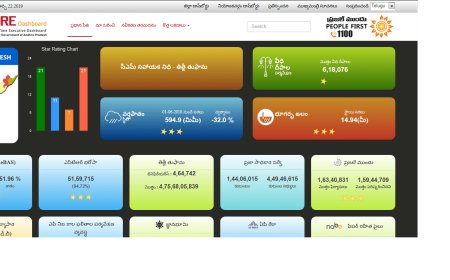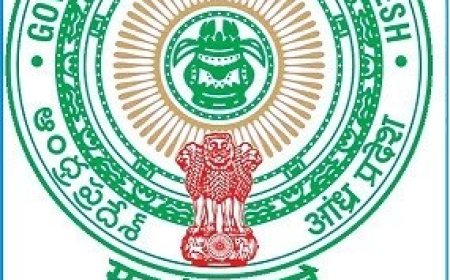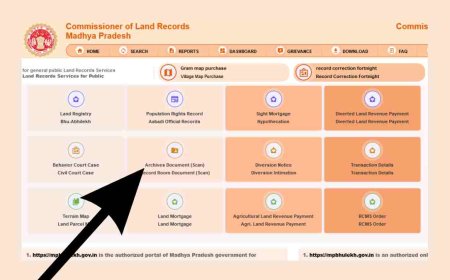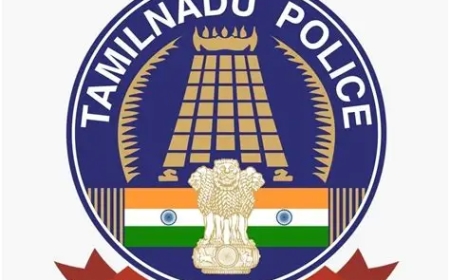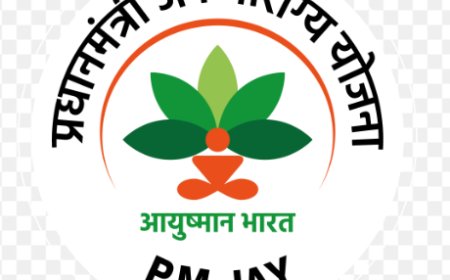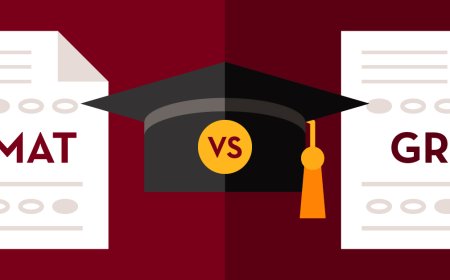France Faces Political Turmoil Again: What’s Different This Time?


The National Assembly in Paris, France, captured on Monday, October 6, 2025. French Prime Minister Sebastien Lecornu stepped down just a day after President Emmanuel Macron announced a new cabinet, which faced widespread criticism. Photographer: Nathan Laine/Bloomberg via Getty Images
Bloomberg | Bloomberg | Getty Images
As the news of Sebastien Lecornu’s resignation as French Prime Minister emerged on Monday morning, reporters rushed to contact government officials to determine which ministers were currently in charge: those appointed by Lecornu the previous night or the ones from before the reshuffle?
This situation highlights the extraordinary and unprecedented nature of the current French political climate. (For clarity, the ministers appointed on Sunday night will serve as caretakers until a new Prime Minister and government are selected.)
Just thirteen hours after unveiling his new cabinet, and only 27 days into his role, Lecornu submitted his resignation to President Emmanuel Macron.
The political turmoil stems from the fragmented results of the July 2024 snap election, which saw opposing political factions emerge without a clear majority.
Former French Prime Minister Sebastien Lecornu, who resigned this morning, reacts after delivering a statement at the Hotel Matignon in Paris, on October 6, 2025.
Stephane Mahe | Afp | Getty Images
This led Macron to form minority governments that ultimately failed due to fragile alliances and negotiations.
While there is a sense of déjà vu in France, as Macron is about to appoint his sixth Prime Minister in under two years, the current crisis is distinct. Unlike previous governments led by Michel Barnier or Francois Bayrou, Lecornu’s administration fell due to internal conflicts rather than opposition pressure.
Internal Strife and Political Maneuvering
In his resignation speech on Monday morning, Lecornu attributed the deadlock to the inflexibility of political parties.
“I was willing to compromise, but each party demanded the other to fully embrace its agenda,” he stated, hinting at the political ambitions tied to the upcoming presidential election.
This was a veiled critique of Bruno Retailleau, the recently reappointed interior minister and leader of the center-right Les Republicains (LR).
Following the Sunday night appointments, Retailleau criticized the government’s composition, claiming it failed to deliver the promised change, and announced that his party’s executive would convene to decide on their continued support.
The LR, with its 49 lawmakers, had been part of the “socle commun” (common base) supporting Macron’s centrist alliance, Ensemble, since the snap election. Key figures, including Bruno Le Maire, the former economy and finance minister, took on significant roles, causing tension within the LR.
France’s Interior Minister Bruno Retailleau at the National Assembly in Paris, France, on September 8, 2025.
Nurphoto | Nurphoto | Getty Images
It’s ironic that a party known for its fiscal responsibility triggered the latest political crisis. However, LR’s withdrawal left Lecornu with no options.
The dissolution of the “socle commun” isn’t entirely unexpected. As the 2027 presidential election approaches, political parties and leaders are strategizing for the future. Macron, having served two terms, cannot run again, and his declining popularity is prompting allies to distance themselves. LR’s recent actions may signal a broader political realignment ahead of the election.
The Path Forward
All eyes are once again on the Elysee Palace.
In a surprising move on Monday evening, Macron granted Lecornu an additional 48 hours for “final discussions” with rival parties to resolve the deadlock.
Lecornu shared on social media platform X that he would update the president on Wednesday evening regarding any potential breakthroughs “so that he can make informed decisions.”
It’s challenging to envision what Lecornu can accomplish in 48 hours that he hasn’t already attempted since his appointment nearly a month ago.
Could another snap election be the next step?
The far-right, led by Jordan Bardella and Marine Le Pen, is advocating for this, as polls indicate they are leading with 30 to 35% of the vote.
President of the Rassemblement National parliamentary group Marine Le Pen (L) speaks with RN party’s President and lead MEP Jordan Bardella during the party’s seminar at the French National Assembly in Paris on September 14, 2024.
Ludovic Marin | Afp | Getty Images
Last year, a similar situation arose, but a coalition of the left and a “cordon sanitaire” vote prevailed. However, that coalition of far-left, communists, greens, and socialists has since disbanded.
Dissolving the National Assembly might seem like the logical democratic choice, but it doesn’t guarantee a clearer majority.
In his resignation statement on Monday morning, Lecornu emphasized, “One must prioritize the nation over party interests.”
The outcome of last year’s snap election posed a question: could French lawmakers collaborate in broad coalitions like their European counterparts? Fifteen months later, the answer remains a resounding ‘no.’
What's Your Reaction?
 Like
0
Like
0
 Dislike
0
Dislike
0
 Love
0
Love
0
 Funny
0
Funny
0
 Angry
0
Angry
0
 Sad
0
Sad
0
 Wow
0
Wow
0






